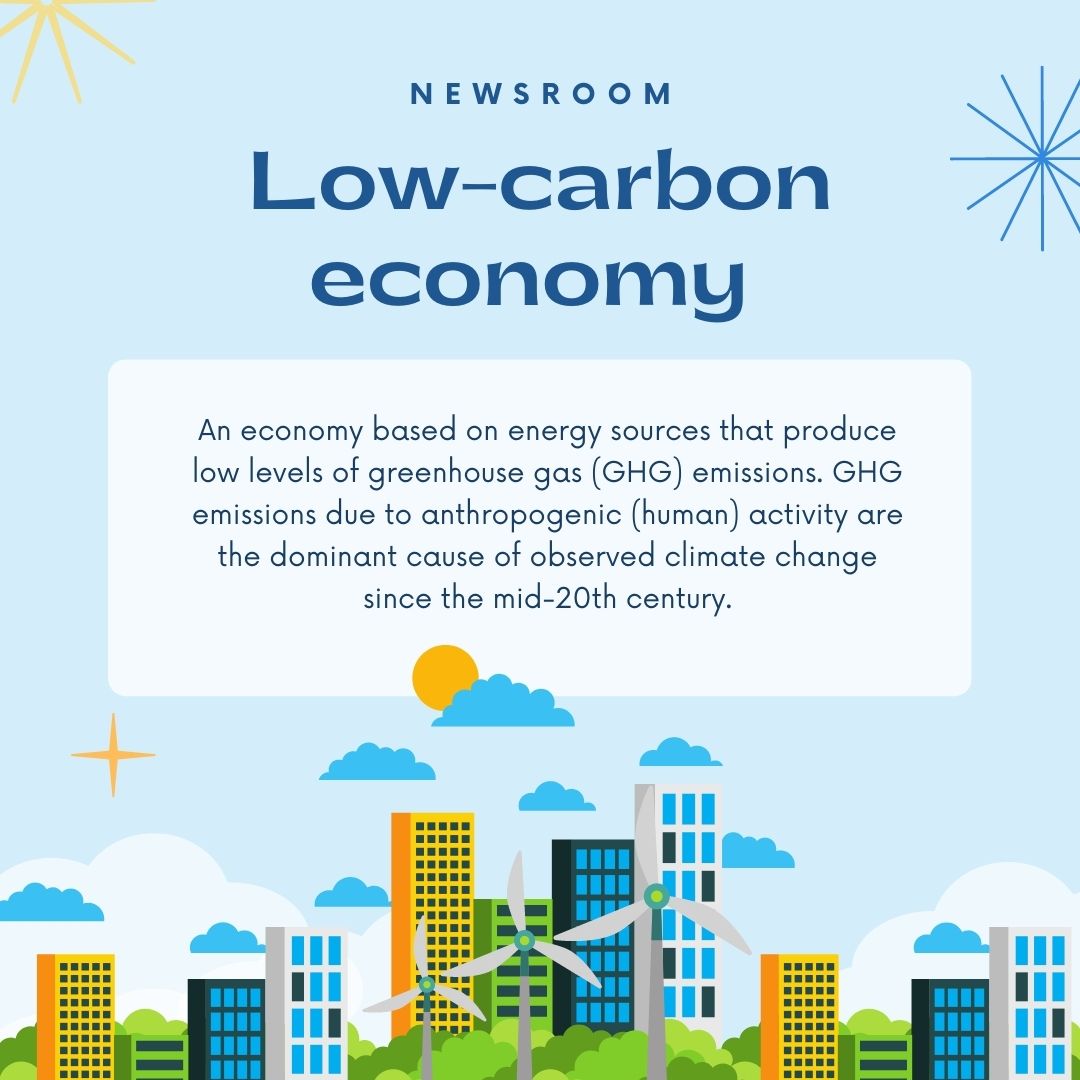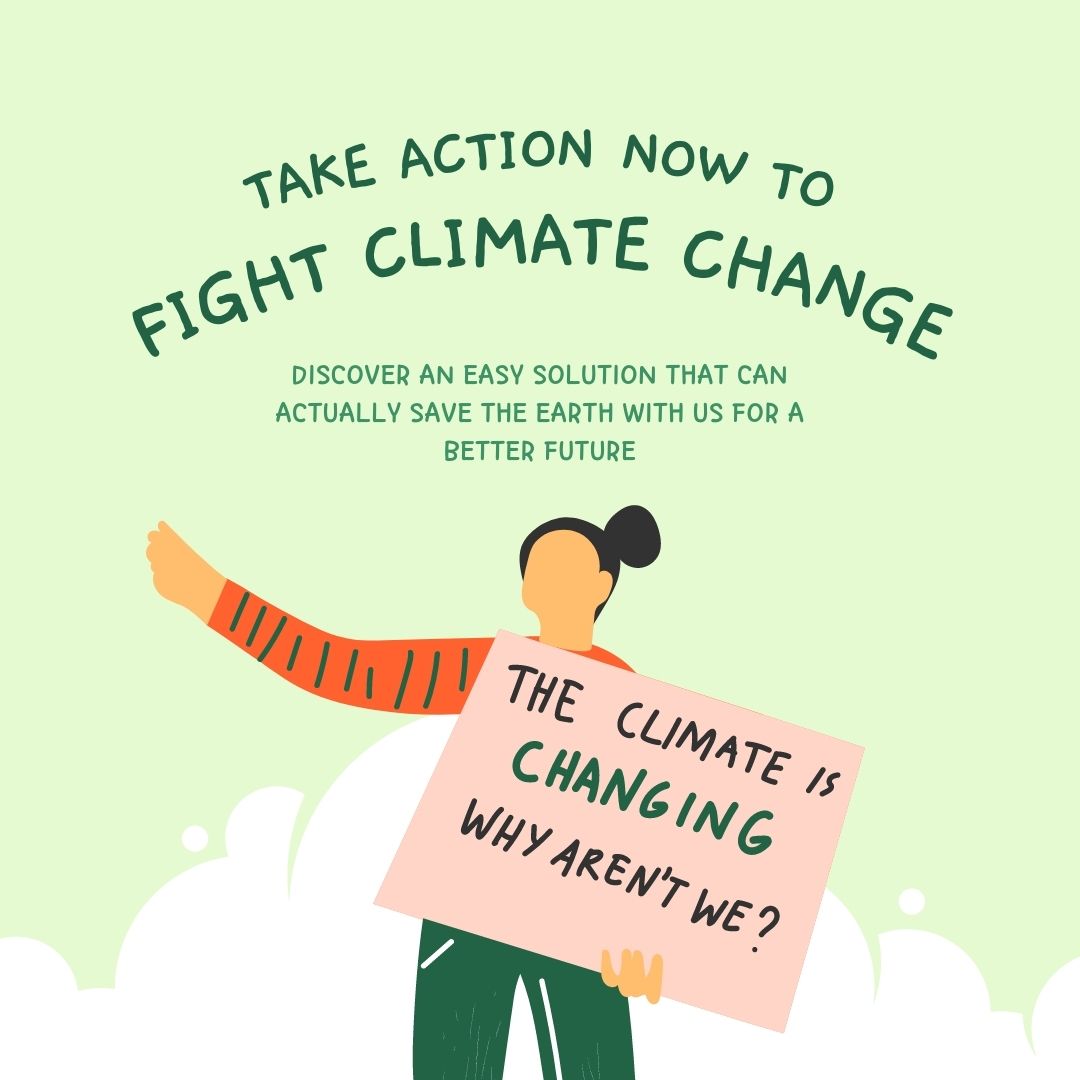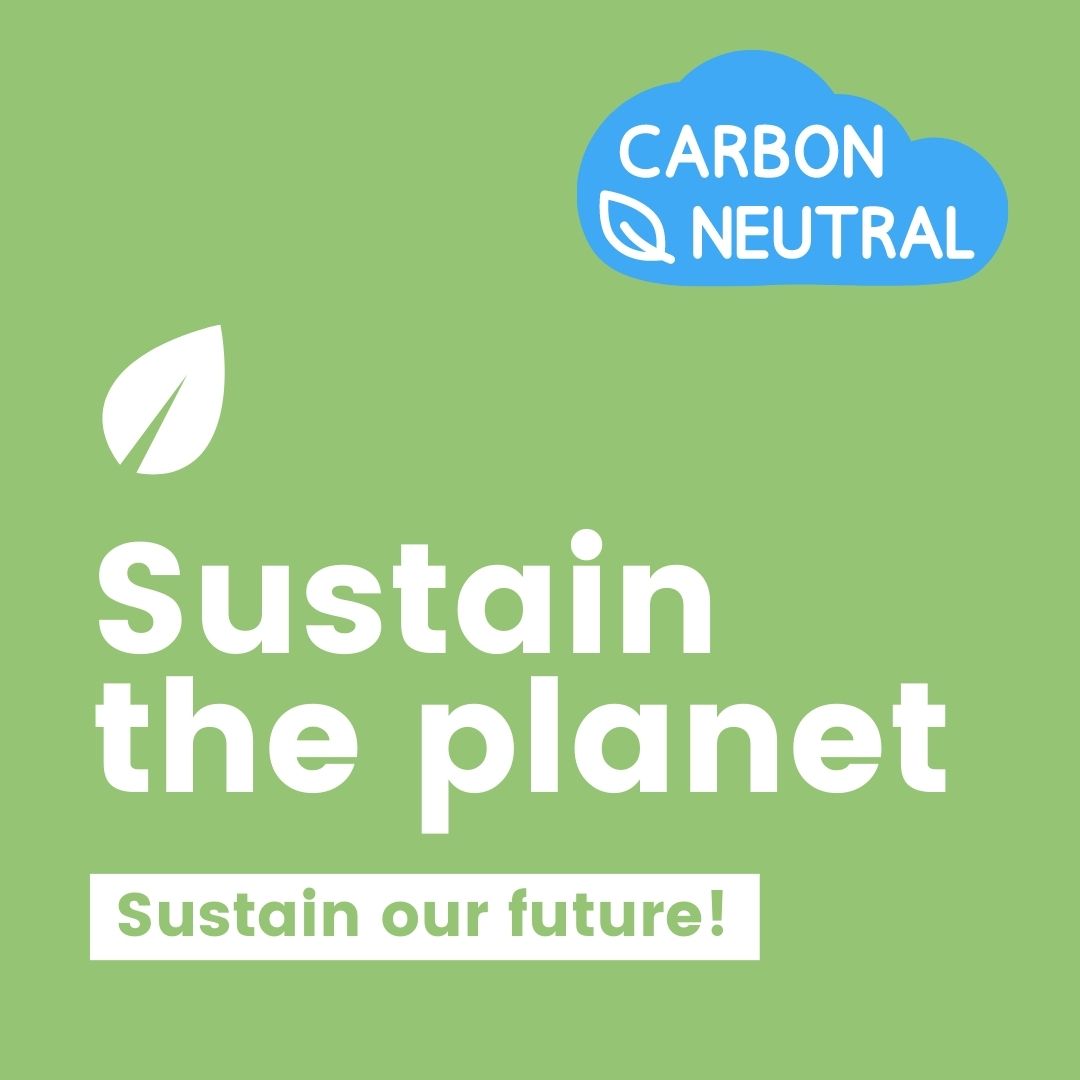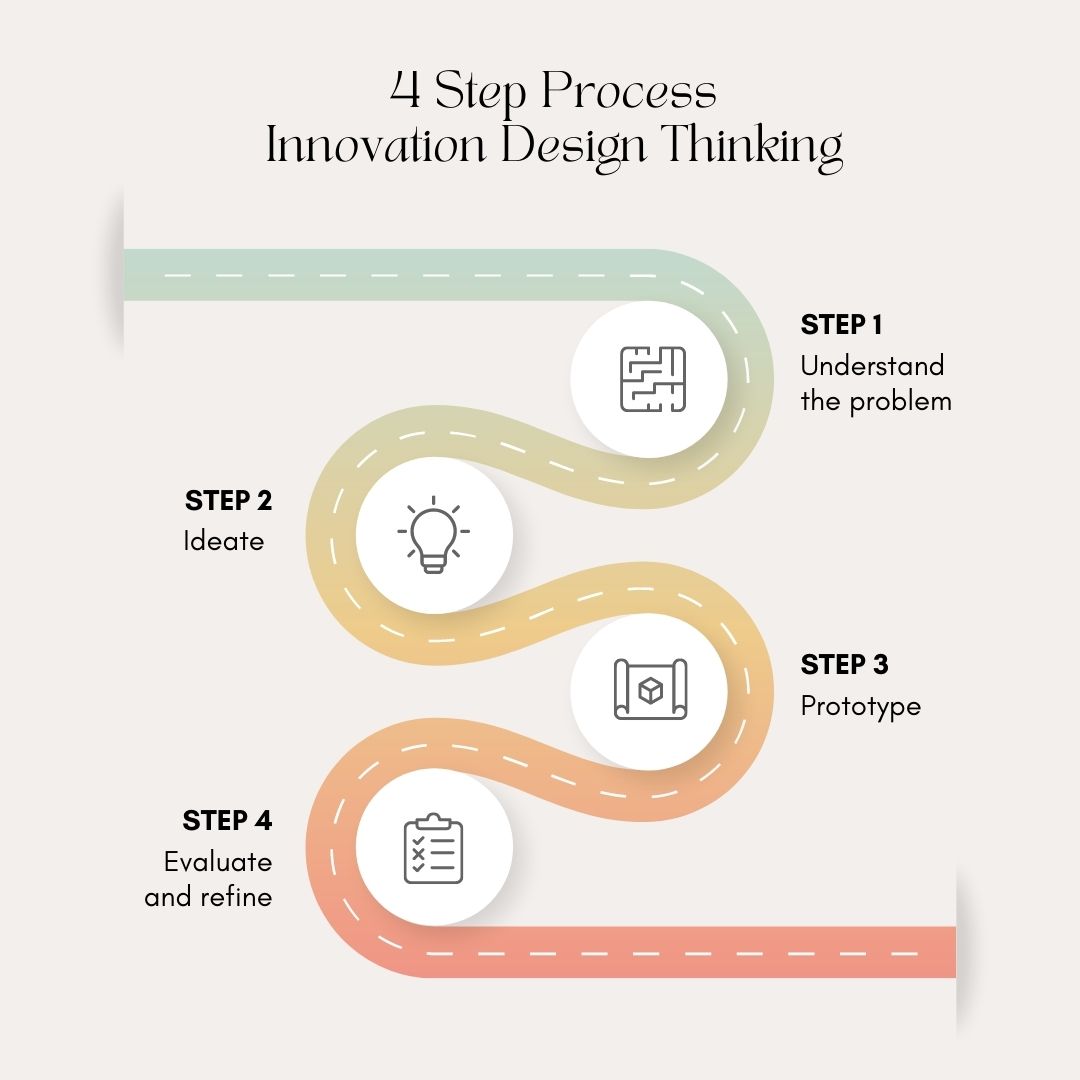Climate Action Excellence Award 2023
We are excited to announce that Rsustain Carbon is accepting nominations for organizations who are committed to implementing sustainable solutions for the environment. It’s a great opportunity to recognize those who are making a positive impact and contributing to a brighter, greener future for all.
We are excited to announce that Rsustain is accepting nominations for individuals and organizations who are committed to implementing sustainable solutions for the environment. From April 1st to May 20th of that year, anyone can nominate a deserving candidate. It’s a great opportunity to recognize those who are making a positive impact and contributing to a brighter, greener future for all.
Award Categories
Award Categories

Resilience
Organizations who has worked on climate resilience including but not limited to adaptation strategies, risk assessment and management, infrastructure design, disaster risk reduction, ecosystem management, capacity building and education, and policy and governance since these measures aim to reduce vulnerabilities and enhance the ability of communities and ecosystems to withstand and adapt to the impacts of climate change.
GHG Reduction
Organizations that have done activities for the reduction of greenhouse gas emissions into the atmosphere. Greenhouse gases, such as carbon dioxide, methane, and nitrous oxide, trap heat in the earth’s atmosphere and contribute to climate change. GHG reduction measures include improving energy efficiency, switching to renewable energy sources, implementing sustainable transportation options, reducing waste, and promoting low-carbon lifestyles.


Climate Conscious Advocacy
Organizations making efforts to raise awareness and promote actions that address climate change. This involves advocacy for policies that reduce greenhouse gas emissions, increase the use of renewable energy, promote sustainable land use practices, and reduce waste.

Resilience
Organizations who has worked on climate resilience including but not limited to adaptation strategies, risk assessment and management, infrastructure design, disaster risk reduction, ecosystem management, capacity building and education, and policy and governance since these measures aim to reduce vulnerabilities and enhance the ability of communities and ecosystems to withstand and adapt to the impacts of climate change.
GHG Reduction
Organizations that have done activities for the reduction of greenhouse gas emissions into the atmosphere. Greenhouse gases, such as carbon dioxide, methane, and nitrous oxide, trap heat in the earth’s atmosphere and contribute to climate change. GHG reduction measures include improving energy efficiency, switching to renewable energy sources, implementing sustainable transportation options, reducing waste, and promoting low-carbon lifestyles.


Climate Conscious Advocacy
Organizations making efforts to raise awareness and promote actions that address climate change. This involves advocacy for policies that reduce greenhouse gas emissions, increase the use of renewable energy, promote sustainable land use practices, and reduce waste.
Carbon Neutrality
Organizations actively participation in activities with a goal to achieve net-zero carbon emissions by balancing the amount of carbon released into the atmosphere with an equivalent amount of carbon removed from the atmosphere or offset through other measures, such as carbon sequestration or the use of renewable energy. Achieving carbon neutrality is critical in mitigating the impacts of climate change and reducing the carbon footprint of individuals, organizations, and nations.


Sustainable Innovation
Sustainable innovation aims to address environmental challenges, such as climate change, while promoting economic growth and social well-being. Organizations which involves the use of sustainable materials and processes, designing products with a focus on life-cycle sustainability, and implementing innovative solutions that address sustainability challenges are eligible for the award.
Carbon Neutrality
Organizations actively participation in activities with a goal to achieve net-zero carbon emissions by balancing the amount of carbon released into the atmosphere with an equivalent amount of carbon removed from the atmosphere or offset through other measures, such as carbon sequestration or the use of renewable energy. Achieving carbon neutrality is critical in mitigating the impacts of climate change and reducing the carbon footprint of individuals, organizations, and nations.


Sustainable Innovation
Sustainable innovation aims to address environmental challenges, such as climate change, while promoting economic growth and social well-being. Organizations which involves the use of sustainable materials and processes, designing products with a focus on life-cycle sustainability, and implementing innovative solutions that address sustainability challenges are eligible for the award.

